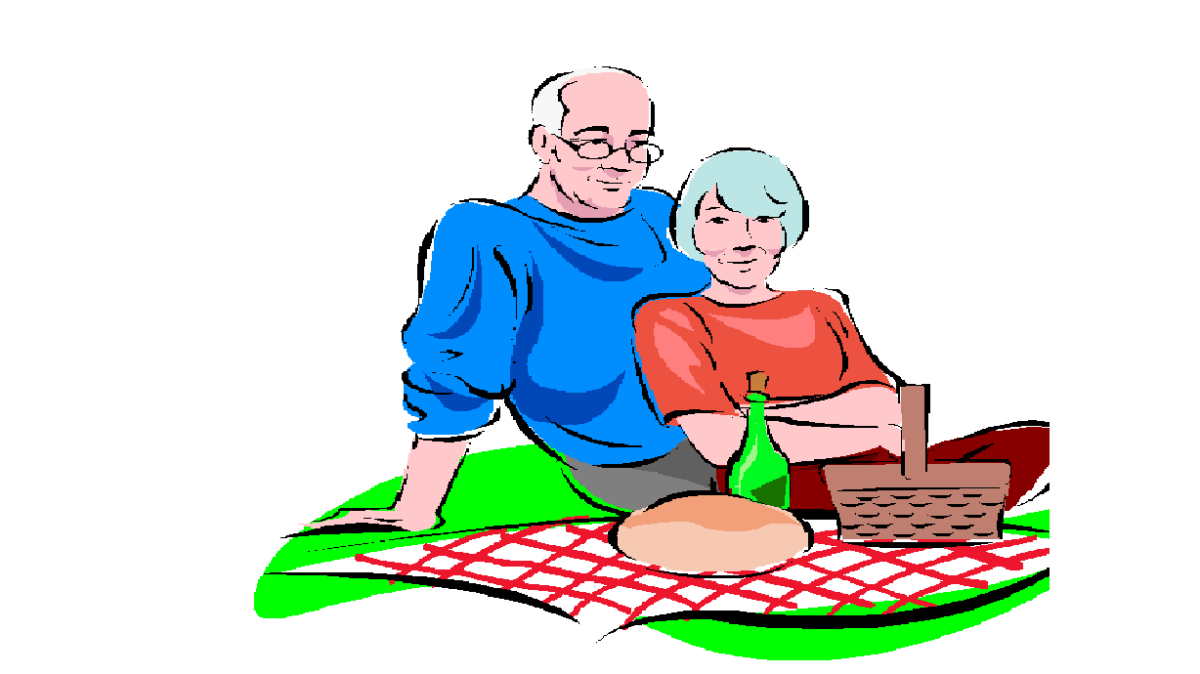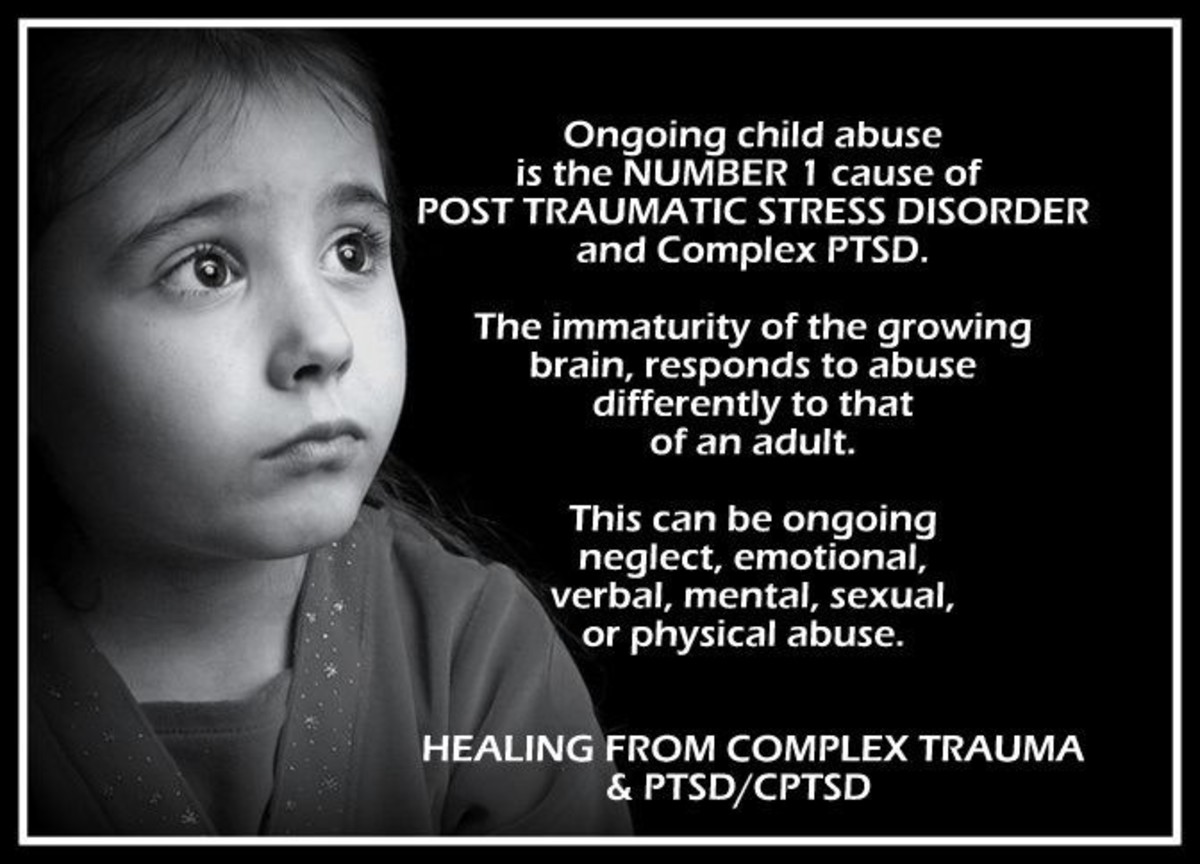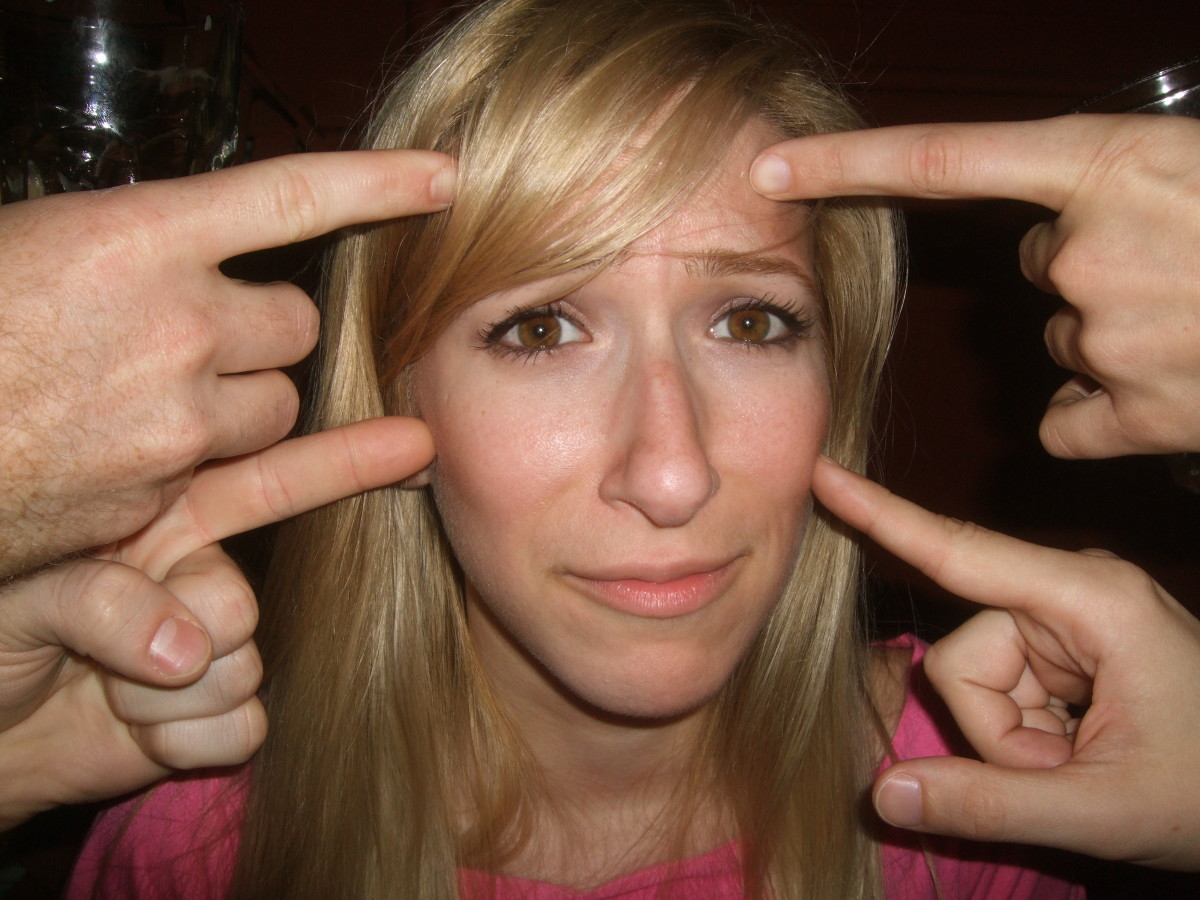The Child Abuse Epidemic

What Is Child Abuse?
Volumes have been written about what constitutes child abuse and the effects. But there isn’t much written about why somebody does it. That’s because there is no simple answer.
Many blame impoverished areas, low income and poor education as the cause. But is this the case? Some of the most caring parents are rural farmers without a high school education. On the other hand, some of the wealthiest and highly educated neglect and abuse their children.
Most of us think we know what child abuse is…at least the simple definition. Most define child abuse as physical, sexual or mistreatment of a child. That’s true, but the exact definition depends largely on where you live and local laws. However, most are similar in content.

The CDC Says
For instance the Centers for Disease Control and Prevention (CDC) says “any act or series of acts of commission or omission by a parent or other caregiver that results in harm, potential for harm, or threat of harm to a child” Different jurisdictions have developed their own definitions of what constitutes child abuse.
The Journal of Child Abuse and Neglect define it in light of removing a child from his/her family and/or prosecuting a criminal charge. Their definition of child abuse is "any recent act or failure to act on the part of a parent or caretaker which results in death, serious physical or emotional harm or exploitation, an act or failure to act which presents an imminent risk of serious harm.” According to a recent report, more than two million children are subjected abuse every year.

Four Main Categories
Not so obvious abuses are those of an expectant mother. Smoking, drinking alcoholic beverages and drug usage can contribute significantly to an unborn child.
There are four main categories of child abuse. They are physical, sexual, psychological, and neglect. Physical abuse is any action that inflicts physical injuries or actions that place the child in obvious risk of serious injury or death.
Effects of child abuse include guilt, self blame, nightmares, and insomnia. There are fears of things associated with abuse such as objects, smells, places, doctor's visits, etc. Some physical issues of abuse are chronic pain, self injury, suicidal thoughts, depression, and post traumatic stress disorder.
Psychological/emotional abuse is the hardest to define. Children experiencing emotional abuse may react by distancing themselves from the abuser. Emotional abuse can result in a tendency for victims to blame themselves for the abuse and overly passive behavior.
Neglect is where a responsible adult fails to provide for various needs, including adequate food, clothing, or hygiene. Also included are, failure to provide nurturing or affection, failure to enroll a child in school, or failure to medicate the child or take him or her to the doctor.
All four categories leave devastating effects on their victims. Statistics show approximately 15% to 25% of women and 5% to 15% of men were sexually abused when they were children.
Child abuse is a complex issue. According to studies, parents who physically abuse their spouses are more inclined to physically abuse their children. Alcohol, cocaine and heroin use are also major contributing factor to child abuse. Two thirds of child maltreatment cases involved parents with substance abuse problems. It's not uncommon for parents charged with child abuse to ignore court ordered treatment such as group therapy and anger management classes.
One report stated the United States and United Kingdom ranked lowest among industrial nations with respect to the wellbeing of children. It also found child neglect and abuse were far more common in single-parent families. Unemployment and financial difficulties are other situations linked to increased rates of child abuse.
Children with a history of neglect or physical abuse are at risk of developing psychiatric problems. When some of these children become parents, they may encounter difficulties with their own children. Despite these difficulties, psychosocial intervention can be effective in changing the ways maltreated parents think about their own children.
Some victims of childhood abuse suffer from physical health problems later in life such as chronic head, abdominal, pelvic, or muscular pain. Research shows there are strong associations to child abuse and many chronic conditions.
Children who are physically abused are likely to receive bone fractures, particularly rib fractures and may have a higher risk of developing cancer. Children who experience child abuse and neglect are more likely to be arrested as a juvenile, to be arrested as an adult and more likely to commit violent crime.
An adult who was abused as a child often has trouble making lasting, stable relationships. They may have trouble with intimacy and trust. They are also at higher risk for anxiety, depression and substance abuse.
One difficulty in recognizing abuse is many signs are not outwardly obvious. A bruise may be from being beaten or by falling down. Furthermore, children react in different ways. Some show no signs while others have dramatic changes in behavior. A sudden change in behavior may indicate a child needs assistance. The reasons may or may not have to do with abuse.
Resources for child-protection services are sometimes limited. A number of treatments are available to victims of child abuse. Other forms of treatment include group therapy, play therapy, and art therapy.
There are organizations at national, state, and county levels preventing child abuse and neglect. The National Alliance of Children's Trust Funds and Prevent Child Abuse America are two national organizations with member organizations at the state level.










